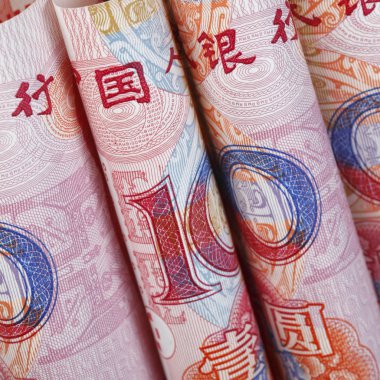
The government plans to sustain a robust level of fiscal expenditure and continue transfer payments to local governments. The focal point of fiscal policy will be to expand domestic demand. This includes employing fiscal subsidies, loan interest subsidies, and tax benefits to encourage technological innovation and advanced manufacturing.
Fiscal Performance
Fiscal revenue witnessed a 6.4% increase in 2023, a significant rise from the 0.6% increment in 2022, while fiscal expenditure grew by 5.4%, a decrease from the 6.1% growth in the previous year. Despite a decrease in fiscal revenue by 8.4% in December year-over-year and a slowdown in fiscal spending growth, the government anticipates a further increase in revenue this year.
Infrastructure Investment
To combat the sluggish growth, the government is resorting to its traditional approach of leveraging government debt for infrastructure investment. This strategy aims to stimulate the economy amidst consumer and business hesitancy. Nevertheless, to ensure more efficient use of funds, there has been guidance for heavily indebted local governments to postpone or cancel some state-funded infrastructure projects.
Debt and Fiscal Support
At the end of last year, Chinese leaders resolved to target a budget deficit of 3% of GDP for 2024, with additional fiscal support potentially being financed through off-budget debt. The annual budget plans will be unveiled during the parliament session in March. China has allocated advance quotas totaling 2.62 trillion yuan for local government special bonds to finance critical investment projects. This follows the parliament’s approval in October for one trillion yuan in sovereign bond issuance and the pre-allocation of part of the 2024 bond quotas to local governments, surpassing the annual quota with a net issuance of 3.96 trillion yuan in special bonds in 2023.
Furthermore, China’s central bank has recently reduced the bank reserve requirements in a surprising move. However, the scope for monetary easing remains limited due to concerns over potential impacts on the yuan and banking profits.
Featured image credit: Cupertino via Depositphotos
